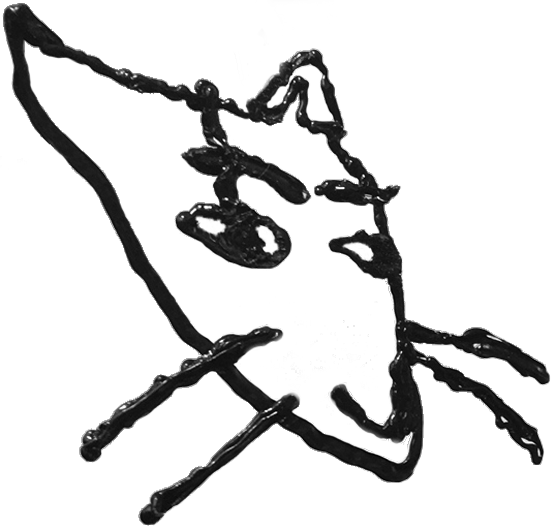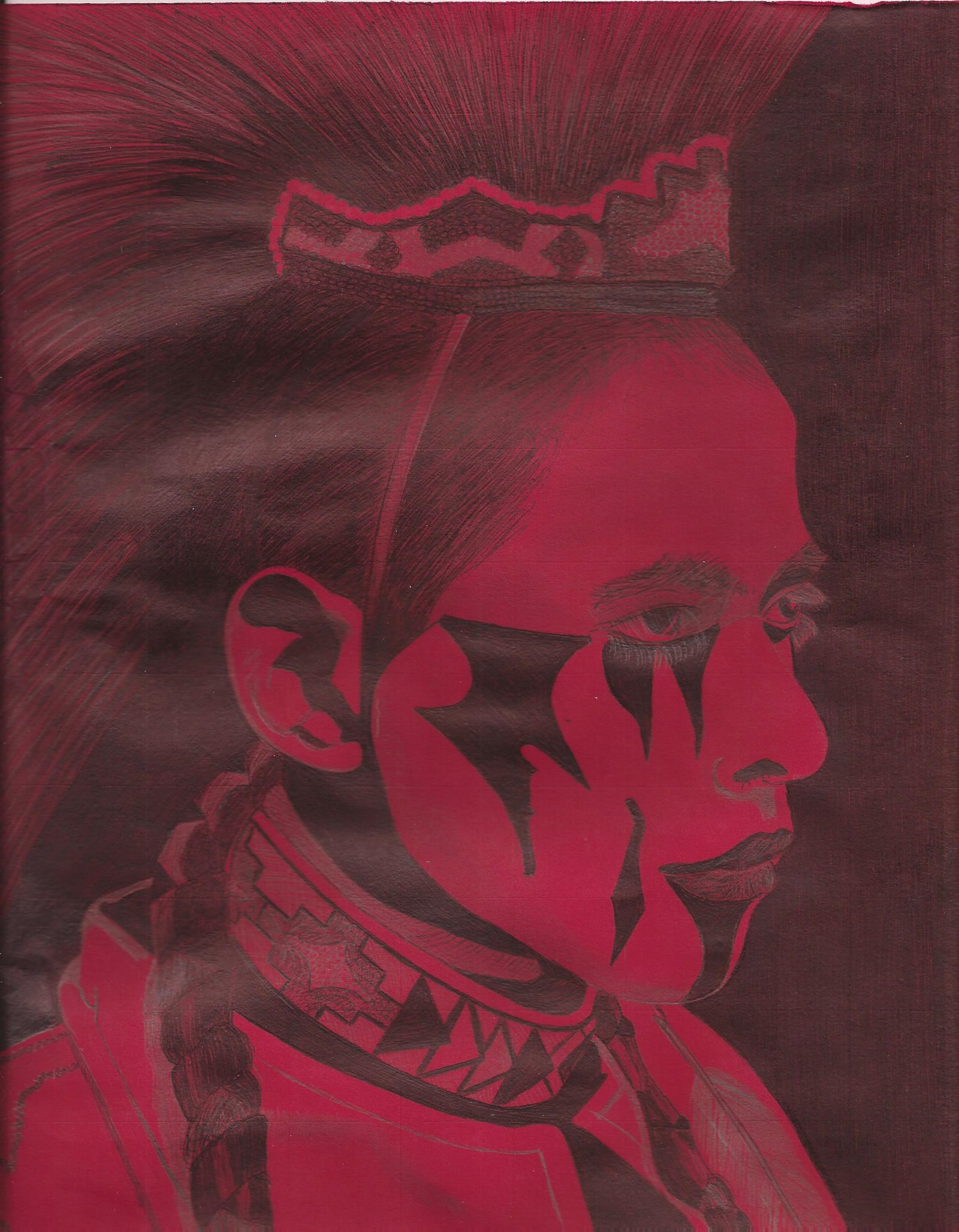A request (İstida)
“A request” (Istida) is by Bedri Rahmi Eyüboğlu, a household name though dead many years. His poetry is exceptional, heavy with feeling, light in touch. The one poem we all know is called “Black Fruit” (Karadut); it is not the one I have translated here. He wrote it for his lover Mari, who became ill years into their affair. In 1949, two years after her death, he held a public reading of “Black Fruit”; he broke down and wept, and his wife promptly left him. “A request” makes one wonder what he thought of how she suffered.
İSTİDA
Yarab!. İnsan oğullarından çektiğim yeter
Gökyüzünden benim hisseme düşeni ver
Altına dilediğim gibi ömrümü sereyim
Mendil kadar olsun tarlamı ayır
Beni doyuracak ağacı göster.
Rabbim!.. İnsan oğullarından çektiğim yeter
Yalnız senin ellerin gezinsin ömrümde
Beni yalnız sen mahkûm eyle sen azat
Ve yalnız sen canımı iste benden ki
Nereye saklayacağımı şaşırmadan vereyim
A request
O God! I've suffered enough
at the hands of man.
Give me what I deserve of your heaven.
I will give my life to it, small as it might be,
small as a handkerchief could be my little field.
You could show which tree in it will feed me,
God, my God, I've had enough of mortal man.
I want you alone to touch me in my lifetime.
You to bind and to release me.
And only you demand my life,
so I might give it freely.
Evadoksiya
Muzaffer Tayyip Uslu published his only book at 23, in sick and mortal haste, a year before he died of tuberculosis. This brief love poem is likely about a Greek girl, and stands in harmony with another—“From me to you” (Benden Size)—which vigorously affirms his love of blonde women.
EVADOKSIYA
İnkar etmiyorum ki
Öpmesine öptüm Evadoksiya’yı.
Hem de zeyrek yokuşunda öptüm.
Sinemaya da götürdüm.
Fakat ben o zaman
Deli gibi seviyordum onu.
Sanırsam o da beni seviyordu..
Sevmese ıslık çalar mıydı,
Saat ondan sonra,
Çabuk gel diye…
Evadoksiya
Who denies it? I kissed Evadoksiya.
By the fountain, on the hill.
I even took her to the movies.
But I loved her madly then.
I think she loved me too.
Why else would she have whistled,
after ten at night, telling me Come quickly...
I vow to Me and to God (And Olsun Şart Olsun)
Enver Gökçe was arrested in 1951 for socialist youth organizing, and returned after seven years' prison and exile to his little village in Erzincan. He had been tortured and starved. For some time he went back and forth to Ankara, struggling to find work, and seeking treatment for a persistent illness. From that illness he died. In his last years, he wrote a brief, epistolary autobiography, wherein he declared himself “striving to create the art of the Turkish people, this great and beautiful people, who are active and living in all seasons of life.”
AND OLSUN ŞART OLSUN
Ben
Böyle
Taşların
Çukurların
İçinde
Kalmışsam
Yalnızsam
Hor
Görülmüşsem
Arkasızsam
Ve
Böyleyse
Bahtı
Siyahım
Yemin
Kasem
Olsun
Ve
And
Olsun
Şart
Olsun
Yerde
Kalmaz
Ahım.
I vow to Me and to God,
Be I
so left
in pits
and rocks
alone
despised
unhelped
and mocked
my fate
so black
my fate
so dark
in my
own name
I swear
to God
that
my pain
will be
avenged
from
the pits
and from
the rocks.
Sonnet
Hasan İzzettin Dinamo wrote long novels on the Turkish War of Independence, which I have not yet read. I know him better as a leftist poet, shuttled in and out of prison over works like “The Soviet Republic of Türkiye” (Türk Sovyet Cumhuriyeti), part of which reads:
“Sainted Turkish laborer,
your fortune is dark as the tar
of that tobacco-plant
which you pick apart
with wounded fingers.”
To these grave poems, “Sonnet” is a tender exception.
SONNET
Yürüyorum kara toprağın ıssızlığında
Seni nice göresim geliyor, Amarillis'im.
Ben, aydın bir insan eski bir çoban kılığında,
Sen yaşadın diye geliyor bu yerleri öpüp sevesim.
Seyrederim geceyarılarına dek yıldızları
Kimin şerefine donanmış derim bu gökyüzü?
Hep böyle sensiz mi geçecek bu cennet yazları?
Hep böyle sensiz mi yolcu edeceğim turnalarla güzü?
Yeşil yollarında yürür gibiyim sonrasızlığın
Acılar toplamakta son çiçeklerden gönlüm yığın yığın,
Ne zaman dolacak öpüş sesimizle yıldızların altı?
Biliyorum beklemenin de bir güzelliği var,
Bekledikçe gönül yemişi balla dolar
Bir kovan bal olur sonunda en korkunç bunaltı.
Sonnet
I walk the black deserted earth
and wish for you, Amarillis.
I, a man of education,
want in old shepherd's clothing
to kiss and stroke this earth
I love because you live.
I watch the stars into the night
and wonder for whom they shine.
Will we ever share these summers like heaven,
and in the fall bid shared farewells to the cranes?
I walk the green roads
that lead nowhere,
as my heart picks sorrow
from the last flowers.
When will the starlight fall
on the sounds of our kissing?
I know that waiting has its own beauty.
It sweetens the fruit of the heart
and makes honey from the worst suffering.
The secret voice (Giz Ses)
Born long after the above poets, Enis Batur is still living, and has enjoyed a successful literary career.
I like “The secret voice” (Giz Ses)... I find it delicate and pretty.
GİZ SES
Bir rüzgârda buldu seni bir rüzgârda yitirdi,
penceresinden baktı sine sine yağan uçarı yağmura
ve essin dedi, bir daha essin, sen çünkü bana eşsizsin,
gökyüzünde karmaşık bir sözdizimiydi kurduğu
esin
perisinin -- çekti sinesine koydu bulutlardan bir
tortuyu,
uzan dedi, uzan Enis, tam bir gece için biriksin sesin.
The secret voice
Having lost and found you in one wind, I look
from my glass to the rain, falling quickly,
asking for the blowing wind, asking it to blow
for me: you are my one thing on earth.
The rains are words strangely arranged
by inspiring fairies, who to their breast
will draw clouds and say Lie down,
lie down, Enis; collect your voice for one night.




